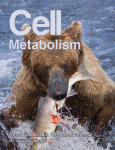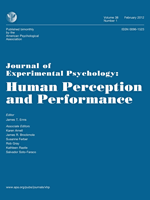
A paper claiming to expose the “tightly held secret” that long clouds trailing from jets are toxic coal fly ash — and not, as the U.S. government says, primarily composed of harmless ice crystals — has been retracted.
The paper is called “Evidence of Coal-Fly-Ash Toxic Chemical Geoengineering in the Troposphere: Consequences for Public Health,” and was published in the International Journal of Environmental Research and Public Health in August. Author J. Marvin Herndon — a geophysicist, and self-described “independent researcher” — also distributed a press release about the findings.
The abstract explains:
The author presents evidence that toxic coal combustion fly ash is the most likely aerosolized particulate sprayed by tanker-jets for geoengineering, weather-modification and climate-modification purposes and describes some of the multifold consequences on public health.
The detailed retraction note, authored by the academic editor of the paper, Paul B. Tchounwou, a biologist at Jackson State University, points out some errors with the science, and notes that the “language of the paper is often not sufficiently scientifically objective:” Continue reading Paper on chemtrails, a favorite subject of conspiracy theorists, retracted
 Researchers have pulled a paper about a drug used to treat pancreatic tumors due to “statistical errors.”
Researchers have pulled a paper about a drug used to treat pancreatic tumors due to “statistical errors.”






